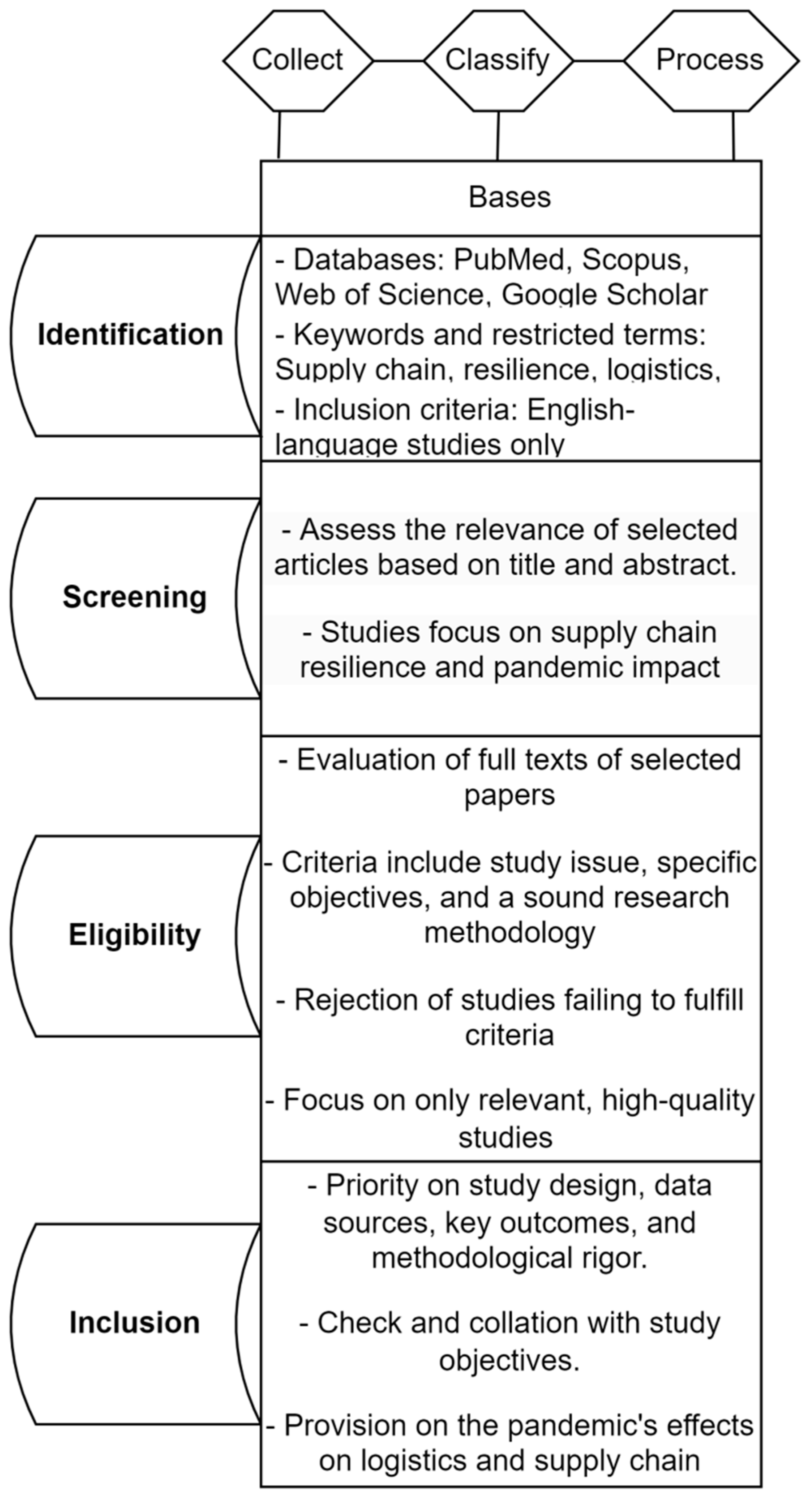Weathering the Chaos: Supply Chain Survival
In recent times, the global supply chain has faced numerous challenges due to various disruptions such as natural disasters, political instability, economic downturns, and most recently, the COVID-19 pandemic. These disruptions have highlighted the importance of effective supply chain management in ensuring business continuity and resilience. In this article, we will explore some valuable insights on managing supply chain disruptions and surviving the chaos.
One of the key lessons learned from recent events is the importance of building a resilient supply chain. Companies that had implemented risk management strategies and diversified their supplier base were better equipped to weather the chaos. By having multiple suppliers in different regions, businesses were able to mitigate the impact of disruptions in one area by sourcing from alternative suppliers. This flexibility and adaptability are crucial in maintaining operations during turbulent times.
Another important aspect of supply chain survival is communication and collaboration. In times of crisis, it is essential for businesses to maintain open lines of communication with their suppliers, customers, and other stakeholders. By keeping all parties informed and working together to find solutions, companies can navigate through challenges more effectively. Collaboration can also lead to innovative ideas and strategies for overcoming disruptions and minimizing the impact on operations.
Technology has also played a significant role in helping companies survive supply chain disruptions. Digital tools such as real-time tracking systems, inventory management software, and predictive analytics have enabled businesses to monitor their supply chains more closely and make informed decisions. By leveraging technology, companies can improve visibility, identify potential risks, and respond quickly to changing circumstances.

Image Source: mdpi.com
Adaptability is another key factor in supply chain survival. Companies that were able to quickly adjust their operations, pivot their strategies, and redeploy resources were more successful in overcoming disruptions. Being able to think on your feet, be flexible, and make rapid changes is essential in navigating turbulent times and ensuring business continuity.
Furthermore, maintaining strong relationships with suppliers and fostering a culture of trust and collaboration is essential in building a resilient supply chain. By working closely with suppliers, understanding their capabilities and vulnerabilities, and developing contingency plans, businesses can strengthen their supply chain and enhance their ability to withstand disruptions.
In conclusion, surviving the storm of supply chain disruptions requires a combination of resilience, communication, technology, adaptability, and strong relationships. By implementing these insights and lessons learned from recent events, businesses can better prepare themselves for future challenges and ensure continuity in their operations. Remember, the key to weathering the chaos is to stay agile, proactive, and collaborative in managing supply chain disruptions.
Navigating Turbulent Times: Lessons Learned
In the world of supply chain management, disruptions are inevitable. From natural disasters to political unrest, there are countless factors that can throw a wrench in even the most well-oiled supply chain machine. However, it is during these turbulent times that valuable lessons can be learned, ultimately helping companies better prepare for future challenges.
One of the most important lessons learned from recent events is the importance of having a robust risk management strategy in place. When disruptions occur, having a plan in place can help companies react quickly and effectively, minimizing the impact on their supply chain. This could include having backup suppliers, diversifying sourcing locations, or implementing contingency plans for transportation disruptions.
Another key lesson is the importance of communication and collaboration. During times of crisis, it is essential for all stakeholders in the supply chain to work together towards a common goal. This means keeping open lines of communication with suppliers, customers, and other partners, as well as sharing information and resources to help mitigate the impact of disruptions.
Adaptability is also a crucial lesson learned from turbulent times. In the face of unexpected challenges, companies must be able to quickly adapt their strategies and processes to ensure the continuity of their supply chain operations. This could mean reevaluating sourcing strategies, adjusting inventory levels, or finding alternative transportation routes.
Furthermore, recent events have highlighted the importance of transparency in the supply chain. Customers and stakeholders expect companies to be open and honest about any disruptions or challenges they are facing, as well as the steps they are taking to address them. By being transparent, companies can build trust and credibility with their partners and customers, ultimately strengthening their relationships and reputation.
Lastly, the importance of technology in supply chain management cannot be overlooked. In today’s fast-paced and interconnected world, companies must leverage technology to streamline their operations, improve visibility, and enhance decision-making. From advanced analytics and artificial intelligence to real-time tracking and monitoring, technology can provide valuable insights and capabilities to help companies navigate turbulent times more effectively.
In conclusion, while supply chain disruptions are inevitable, they also present valuable opportunities for learning and growth. By embracing these challenges and implementing the lessons learned from recent events, companies can better prepare themselves for future uncertainties and ultimately strengthen their resilience in the face of adversity.Surviving the Storm: Insights on Managing Supply Chain Disruptions from Recent Events.
Navigating Supply Chain Disruptions: Lessons from Recent Events